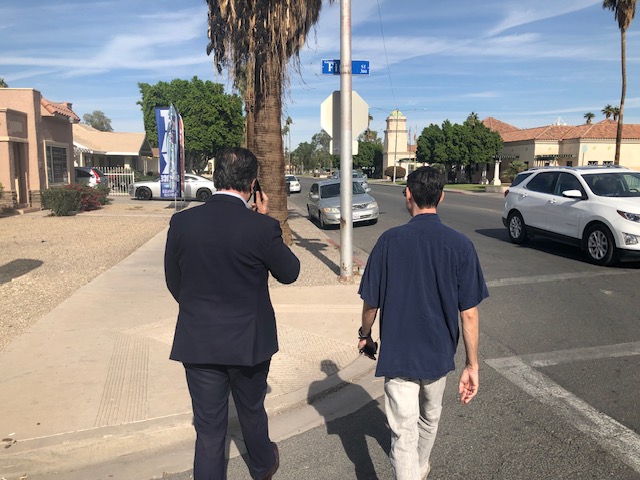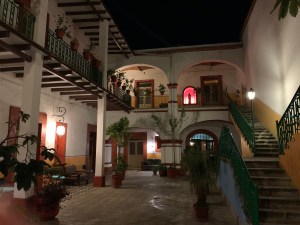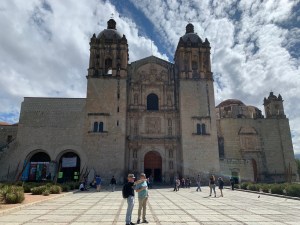Just try to understand, I’ve given all I can. ‘Cause you got the best of me….Madonna, Borderline.
It was at the Mexican border where I began to fully grasp self-awareness.
My previous adventures always carried a sense of fantasy and escapism. In my mind, I had fancied myself this intrepid journalist, a swashbuckling Indiana Jones-like character, who traveled to far off lands to experience sensitory pleasure, diverse cultures and new customs.
This trip was different. I was playing with the grown-ups now.
So here we were, Daniel and I, motoring down to the border to meet with the mayor of Calexico and learn the truth behind one of the most hot button issues in America today. I felt confident, bolstered by enduring a pandemic inside that miserable warehouse, the political turmoil of the 2020 election and my recent service with the TSA.
It also helped to have Daniel by my side. His moxy was in full force.
“You’re going to walk from the medical center to city hall with the mayor,” he instructed.
It was a beautiful late autumn day in Imperial Valley. Full sun with a light breeze in the crisp air. I wore a short sleeved blue Panama Jack styled shirt and tan jeans. Daniel was in a suit. He had already established a relationship with the mayor through his work with the chamber.
“Just be yourself and you’ll be fine,” Daniel told me.
We met the mayor at a health clinic where a long line of people, primarily Mexicans, waited to be seen by a doctor, free of charge. The mayor was a tall man, handsome, in shape and likely around my age.
“Welcome to Calexico,” he said, smiling while extending his hand. I returned a firm grip and maintained eye contact, renewing a diplomatic ritual robbed by the pandemic.
“Let’s meet the doctor,” he said. We went inside the clinic and the mayor greeted everyone, making small talk and gushing over the babies. The overwelming majority were women and children. Come to find out, the men rarely seek out medical attention for fear of losing work time. This reminded me of a comment a TSA colleague had uttered on checkpoint: “You can’t get COVID if you don’t get tested.”
I felt guilty as we butted to the front of the line and into the doctor’s office. “Have a seat gentleman,” he said. The doctor was a bald, portly older white fellow who seemed to be in need of sleep. He explained to us that most of the patients were living in abject poverty and needed basic antibiotics to combat their various ailments. More resources were needed, the doctor said, and the mayor pledged to deliver.

After reassuring the doc, the mayor and I did the walk from the clinic to city hall as Daniel had directed. Along the way, several SUVs with dark tinted windows slowly rode by us. The mayor asked me about the Pacific Northwest and attitudes towards drugs. He said he had friends in southwest Washington state who were concerned the cartels were gaining a foothold in the region. Fentanyl, he warned, was having a devasting effect in Los Angeles and Phoenix.
We had lunch at a little mom and pop restaurant planted near the border crossing. Over enchiladas and chile rellenos, the mayor informed us of the power dynamics on the city council. Daniel proded him to seek a promotion and run for Congress, a proposal that drew a hearty chuckle. He was flattered, but not stupid. I got a sense, he had it good here and wanted to keep it that way. Everywhere we went, people nodded their respect.
Daniel picked up the bill and we walked the mayor out to his vehicle, a modest mid-sized SUV that was dusty and had seen some miles. “John, I want you to have something,” he said, opening the back door and digging into a brief case to pull out an evergreen colored folder with a thick set of papers inside. “Some reading for your return trip.”
I opened the folder and there on the first page was a government timestamp that read: Declassified, December 2, 1993.
Puzzled, I looked up only to see the mayor wink and drive away.




See What Readers Have to Say